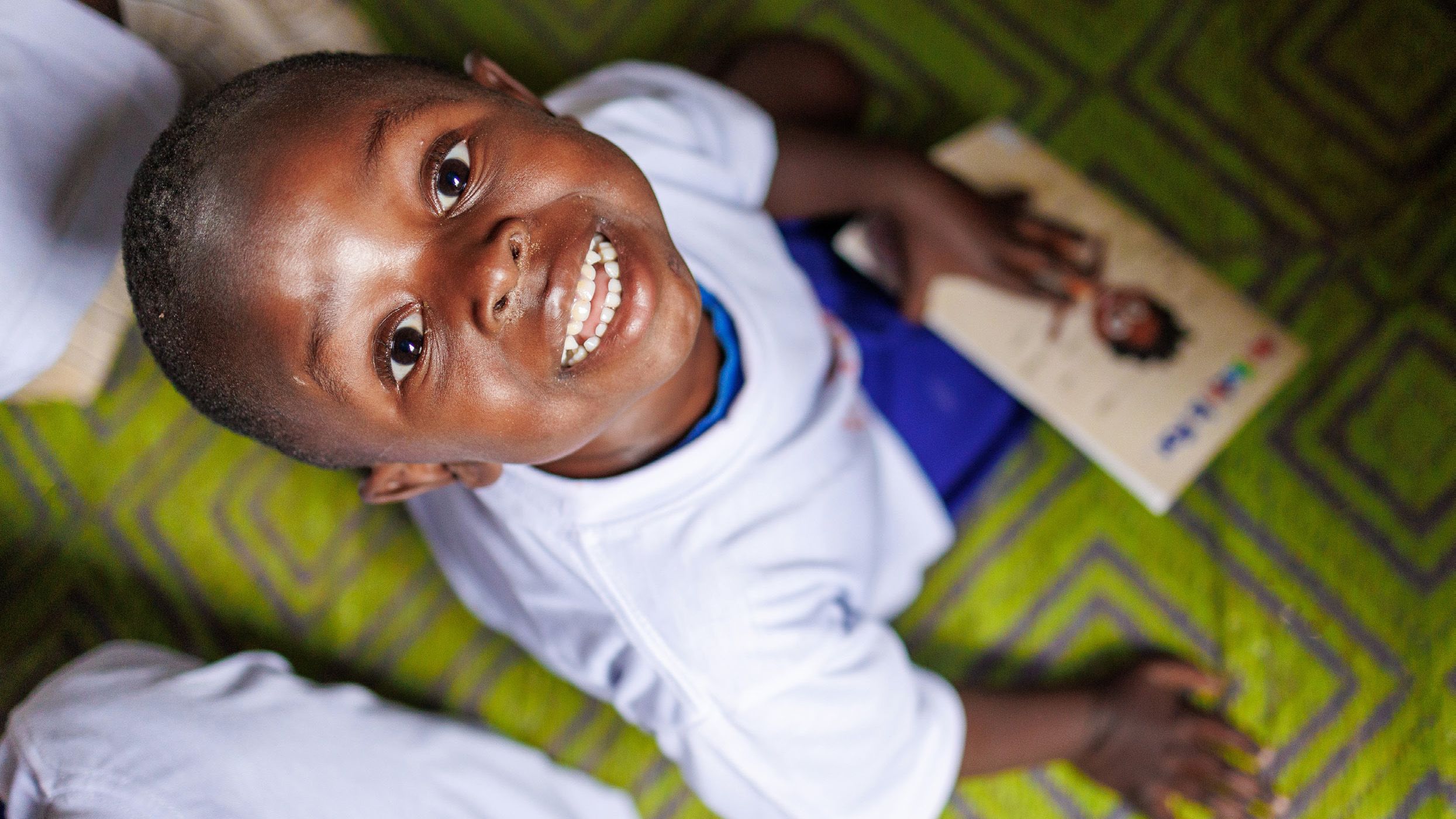

World’s poorest children missing out on ‘crucial’ early childhood education
Chronic underfunding of care and education in the first few years of life is holding back children’s healthy development in the world’s poorest countries, a new report shows.

As world leaders gather for a global early years’ conference in Tashkent, Uzbekistan, the new analysis – which was undertaken by Faculty of Education researchers for the global children’s charity, Theirworld – indicates that spending on pre-primary education as a share of education aid remains extremely low.
The report shows that although aid to pre-primary education did increase between 2015 and 2020, the actual proportion of all education aid spent on pre-primary education only rose slightly: from 0.8% in 2015 to 1.2% in 2020.
A wealth of evidence shows that pre-primary education is crucial to a child’s development and that children who miss out on early years learning fall behind even before they start primary school. Based on this, Theirworld has recommended that 10% of education aid should be invested in pre-primary education. At the moment, UNICEF is the only donor currently meeting that level; they are followed by the World Bank (7.4%) and the Global Partnership for Education (6.5%).
Among bilateral donors, New Zealand commits the largest share of its education aid budget to pre-primary education (3.9%), followed by Ireland (3.8%), Canada (2.9%), Belgium (2.4%), Italy (1.9%) and South Korea (1.5%). The UK, US, Norway, Japan, France, Germany and Denmark are among the 21 donor countries committing less than 1% of their education aid budget to pre-primary education.
Progress has been made, but starting from a very low base
The report was co-authored by Dr Asma Zubairi and Professor Pauline Rose, from the Research for Equitable Access and Learning (REAL) Centre, at the Faculty of Education, University of Cambridge.
Professor Rose described the report as a wake-up call for international donors. “Donors and policymakers need to make early childhood development a much stronger priority,” she said.
“Progress has been made, but starting from a very low base. With one or two honourable exceptions, aid donors are not adopting a ‘progressive universalism’ approach that would increase investment across the board while ensuring funding for early childhood development for the poorest and most marginalised is a focus. Nor are the vast majority adopting Theirworld’s recommendation that 10% of education spending should be devoted to the early years.”
I urge all world leaders to commit to investing 10% of their education and aid budgets to the early years. Nothing less is good enough.
The report also analyses spending on early childhood development, which covers the package of care that a child needs to thrive in the first five years of life. This includes providing them with adequate nutrition, stimulating them through play and protecting their health.
By the time a child reaches the age of five, 90% of their brain has already developed, which means the period from birth to school is critically important. Research has shown that the impacts of inadequate care, nutrition and stimulation during these early months and years can last a lifetime.
While the total amount of aid to early childhood development increased from US$6.8 billion to $7.5 billion between 2015 and 2020, it decreased as a share of total aid and remains a low priority in terms of spending. In 2020, early childhood development amounted to 3.3% of total aid, compared with 3.8% in 2015.
Justin van Fleet, President of Theirworld, said: “We know that funding early childhood development in the first five years of life is one of the most powerful and cost-effective equalisers that we have at our disposal to ensure that the world’s most vulnerable children can reach their full potential.
“Tragically, many millions of the world’s most disadvantaged children are missing this window of opportunity. They are not receiving the nutrition or healthcare they need, and grow up exposed to violence, polluted environments and extreme stress. They miss out on opportunities to learn and are deprived of the stimulation that their developing brains need to thrive. I urge all world leaders to commit to investing 10% of their education and aid budgets to the early years. Nothing less is good enough.”
The full report: One-year update: A Better Start? A progress check on donor funding for pre-primary education and early childhood development, can be downloaded from the Theirworld website.
(This article is based on a media release by Theirworld).
Image in this story: Theirworld / Mara Mambo Media.